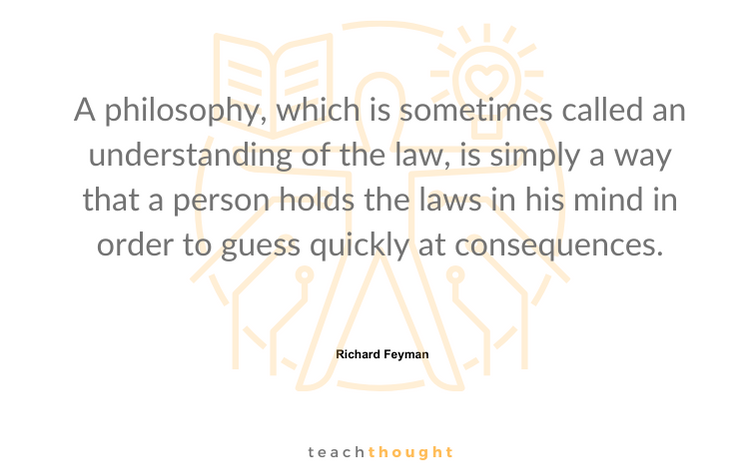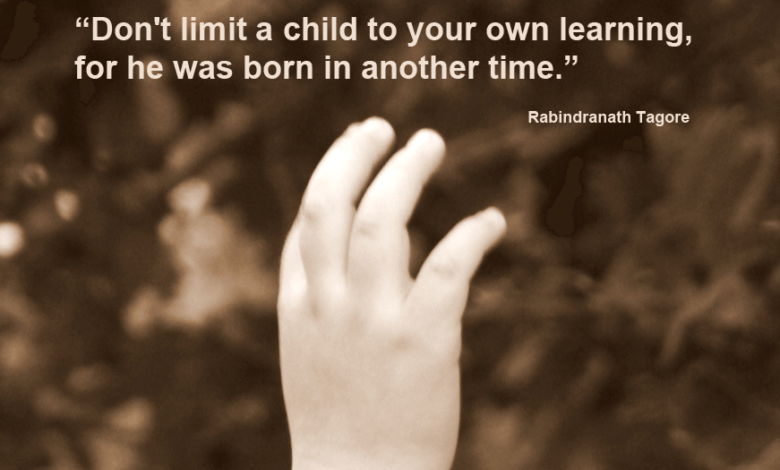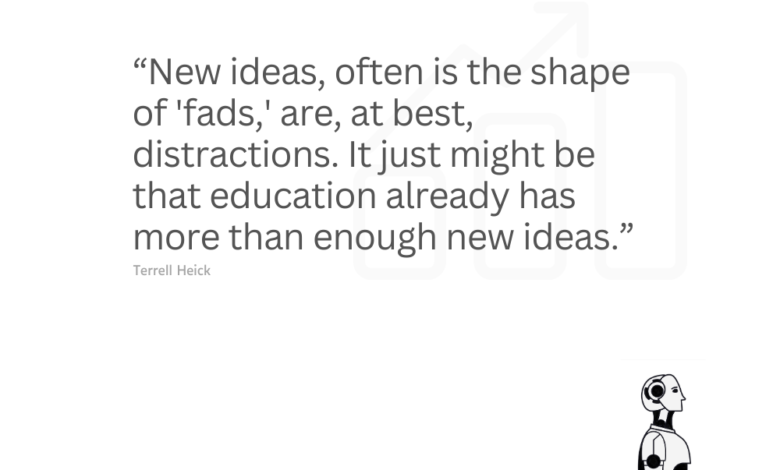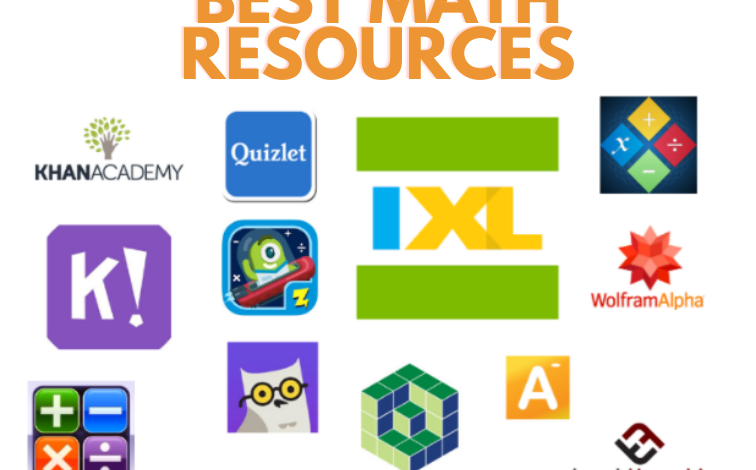Education
-

The Influence of Socioeconomic Status on Learning –
[ad_1] contributed by Michael Mirra Abstract Diversity has been at the forefront of educational discussions over the last few years. When we think about having a diverse classroom we think of ethnicity, race, gender, nationality, religion, and sexual orientation. It is easy for us to forget about socioeconomic status. This paper explores the impact socioeconomic status has on student learning…
Read More » -

Technology Tools For Interactive Learning –
[ad_1] contributed by Edelyn Bontuyan What makes traditional learning click? In-person learning. As a teacher, your students look up to you to impart knowledge in a format and manner they can absorb fast and easy. How do you achieve that? You conduct Q&A sessions, set up discussions, conduct practicals, lead peer teaching sessions, and more. But here comes a question…
Read More » -

Richard Feynman On Knowing Versus Understanding –
[ad_1] Richard Feynman On Knowing Versus Understanding by TeachThought Staff Who is Richard Feynman? Richard Feynman, born in 1918, was a theoretical physicist whose work in quantum mechanics earned him the Nobel Prize in Physics in 1965. According to nobelprize.org, Feynman obtained his B.Sc. in 1939 at the Massachusetts Institute of Technology and studied “at Princeton University, where he obtained…
Read More » -

An Example Of Rigor-Based Differentiation –
[ad_1] contributed by Barbara R. Blackburn Differentiation is a popular concept in today’s schools. After all, it makes sense. We’d all love to provide instruction tailored to every student’s needs. However, intentionally or accidentally, many teachers simply lower the rigor for struggling students. When we do that regularly, students always stay behind. In some cases, they are never even allowed…
Read More » -

What Is Mistake Literacy? The Research Of Learning Through Failure –
[ad_1] contributed by Dr. Zak Cohen In 2009, President Obama spoke to a group of students at Wakefield High School in Arlington, Virginia. As someone who had readily and unabashedly admitted to his mistakes as a youth and how these missteps informed the adult he had become, he humbly but stridently impressed upon his audience the importance of learning from…
Read More » -

Knowledge Domains For The 21st Century Student
[ad_1] by TeachThought Staff Thinking in the 21st century is just different. That doesn’t mean we’re all suddenly omnipotent cyborgs, nor do we all become mindless social media addicts who spend our cognitive might tapping, swiping, and drooling on our smartphone and tablet screens. But just as the 19th century presented unique challenges to information processing compared to the 18th…
Read More » -

A Powerful, One-Sentence Argument For Progressive Learning
[ad_1] by TeachThought Staff Do not limit a child to your own learning, for they were born for another time. R Tagore While each generation is unique, possessing its own challenges, opportunities, and cultural contexts, the methods of teaching and the knowledge passed down often reflect the values and norms of previous eras. This gap between the present generation’s needs…
Read More » -

On The Danger Of Popular Ideas In Education –
[ad_1] by Terrell Heick More than once, I’ve seen Bloom’s Taxonomy called a ‘fad.’ This can be lumped in with Charlotte Danielson’s DOK framework and Learning Styles, eLearning, Blended Learning, MOOCs, Common Core academic standards, and a few dozen other practices, ideas, and programs–each as a fad. Something that, for a while, is ‘popular.’ And sometimes, this is true. Oxford…
Read More » -

Learning Math? 25 Of The Best Math Resources
[ad_1] by TeachThought Staff What are the best math resources? Because of the skill-based nature of mathematics in general, math resources pair especially well with digital tools like apps and websites. On these kinds of platforms, accounts can be created, progress can be visualized, mastery can be documented, complexity can be adjusted to individual needs, and achievements can even be…
Read More » -

What Is Cognitive Constructivism? –
[ad_1] Learning theory isn’t generally high on the list of practicing teachers. For starters, teachers are busy poring over the classic–or emerging–learning theories that can inform their teaching on a day-to-day basis. Secondly, much of K-12 pedagogy in the United States is subject to the constraints of academic standards, district pacing guides, curriculum maps, etc. Accordingly, learning theory is more…
Read More »
